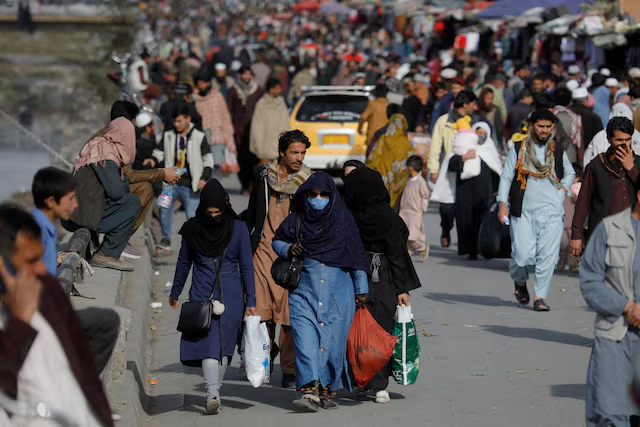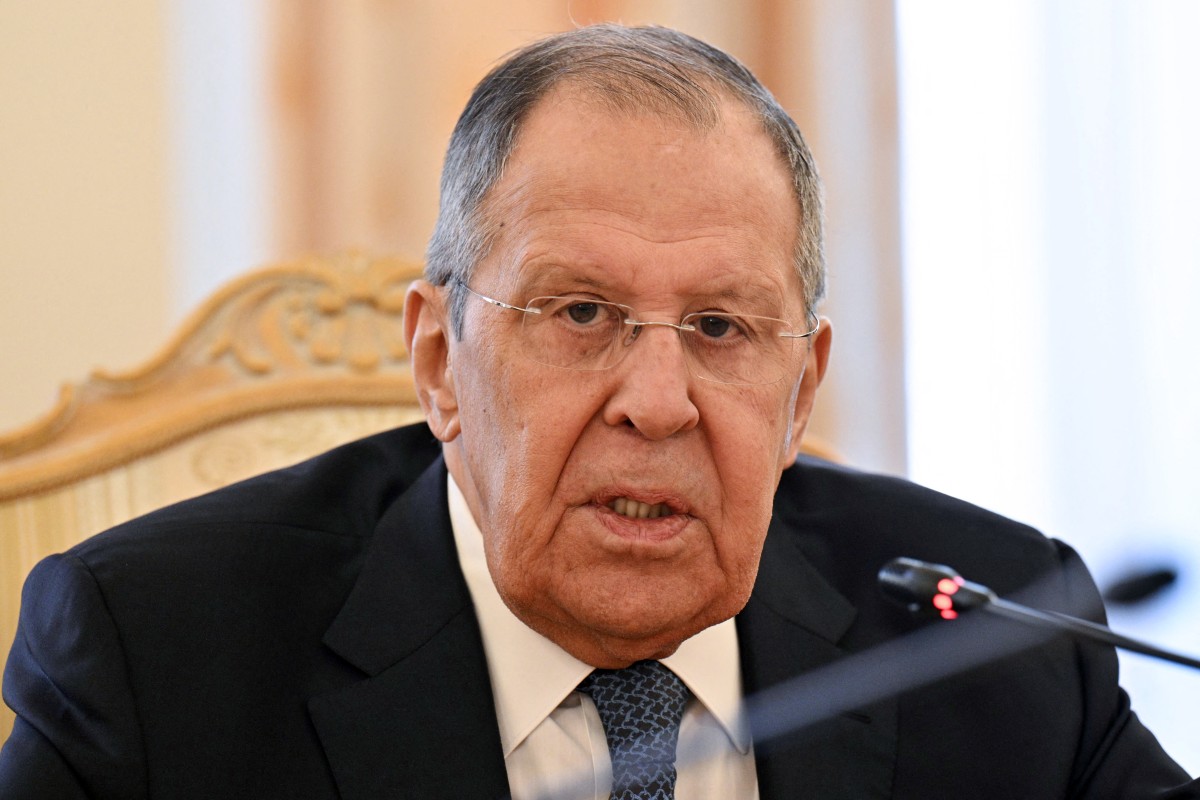ISLAMABAD: Pakistan is continuing with its policy to deport undocumented Afghan refugees while Afghanistan reels from a deadly earthquake that killed 2,200 people.
Thousands of Afghans have returned to Afghanistan in recent days after the disaster, while the United Nations urged Pakistan to halt deportation given the humanitarian emergency. Pakistan maintained its stance that it will return any Afghan without valid documentation.
“We decide who stays in our country”, said the Foreign Office spokesperson Ambassador Shafqat Ali Khan. “Any people without documentation should leave. This is what Pakistan is doing, like other countries including in Europe”.
Since late 2023, Pakistan implemented a phase repatriation plan for Afghan nationals without legal status. Over 1.2 million Afghan have returned to their homeland under this policy, including more than 443,000 earlier this year.
The latest phase focuses on deporting Afghan refugees holding UN-issued Proof of Registration (PoR) cards, who were given a deadline of September 1 to leave or face deportation.
Pakistan has linked the policy to increased cross-border militant activity and says it is addressing security concerns while managing its own humanitarian crisis, including floods that have displaced millions.
Devastation from Afghan earthquake
A powerful 6 magnitude earthquake struck eastern Afghanistan on August 31, killing more than 2,200 people. It flattened villages and destroyed about 8,000 homes, mostly in Kunar province.
Rescue efforts have been hindered by difficult terrain, landslides, and blocked roads. Several strong aftershocks caused further damage.
The disaster has left tens of thousands homeless, with emergency shelters set up to provide basic aid. Heavy pre-quake rains worsened conditions by increasing the risk of landslides.
The earthquake is among the deadliest in Afghanistan’s recent history, striking a region with poor construction standards and regular seismic activity. Humanitarian response faces challenges due to limited funding and logistical difficulties.






